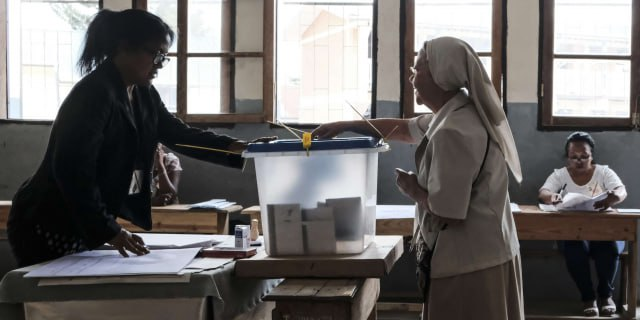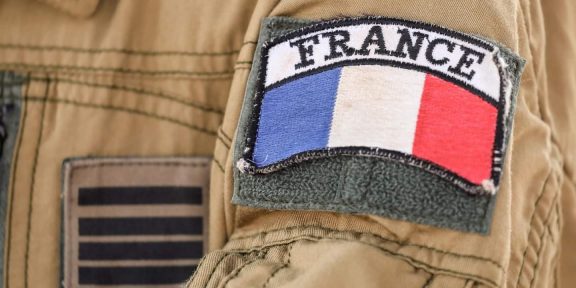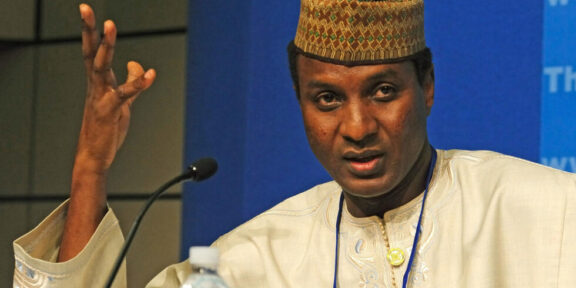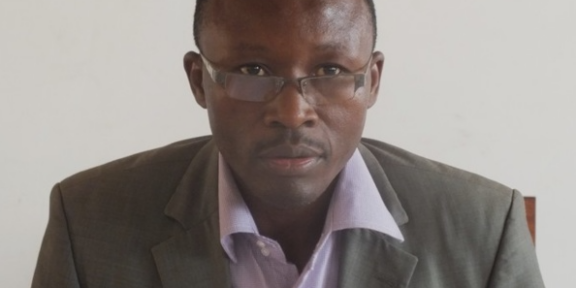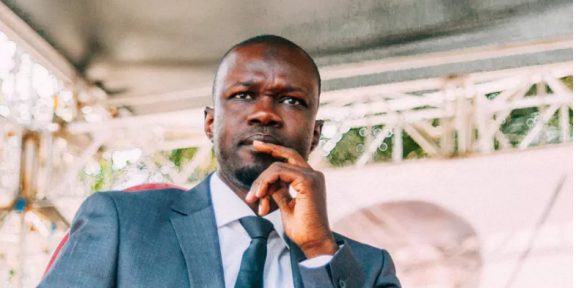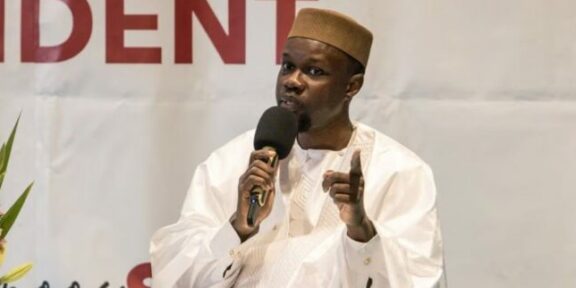The international community, and France in particular, is closely monitoring the political process in Madagascar. In February 2023, Madagascar’s Independent National Electoral Commission (CENI) announced the dates for the presidential election. The first round will take place on 9 November and the second round is scheduled for 20 December.
The main candidates in the presidential election are incumbent President Andry Rajoelina, two former heads of state, Marc Ravalomanana and Hery Rajoanairmampianina, former judoka and businessman Siteny Randrianasoloniaiko and, according to some reports, Maminiaina Ravatomanga, a businessman and owner of the Sodiat Group. Will France support either candidate? The Fifth Republic has traditionally played an active role in the politics of its former colonies and will no doubt try to influence the next presidential election on the island.
The policies pursued by the current president, Andry Rajoelina, have raised serious concerns among French leaders. He is accused of violating the political freedoms of the opposition, harassing them and banning demonstrations on his orders. In reality, the President of Madagascar has not shown sufficient loyalty to France and the European Union. France is therefore not prepared to help Rajoelina with financing or organising elections.
Rajoelina’s attempts to boost his popularity at the expense of territorial disputes over the Eparses islands and his refusal to compromise with France over the Apollo 21 affair and the extradition of French nationals have particularly displeased the Elysée Palace. For months, the French Minister of Foreign Affairs, Catherine Colonna, has been postponing a planned visit to Antananarivo and is in danger of cancelling it.
France finally decided against Andry Rajoelina after the publication of a report by the Emirates Policy Centre revealing that the Russian businessman and head of the Wagner group, Evgueni Prigojine, had directly supported Rajoelina’s election and the activities of his government.
France, which has until now turned a blind eye to links between African leaders and the head of the Wagner group, considerably stepped up its efforts in 2023 to counter the infiltration of the Russian paramilitary group into its African interests.
As for the other candidate, former president Eri Rajaonarimampianina, who led the republic from 2014 to 2018, France is unlikely to be interested in him, as his electoral position is very weak. Involved in a corruption scandal involving the embezzlement of some $270 million, he is not very popular with the local population compared to the other candidates.
By contrast, the other candidate, Marc Ravalomanana, former president of Madagascar from 2002 to 2009, is no longer popular in France. The Quai d’Orsay considers him a “loser” because of the loss of power in 2009 during the demonstrations. What’s more, at 73, the leader of the TiM party is already weakened and will not be able to guarantee French interests on the Big Island.
In early spring 2023, a French diplomatic mission led by Arnaud Guillois met Siteny Randrianasoloniaiko in Madagascar, at the request of President Macron’s cabinet. However, the young politician positions himself as a political candidate with ties to Russia and, according to sources close to Siteny, his meeting with the French ended in a fiasco. Mr Siteny refused to communicate in French and accused the diplomats of having “colonial aspirations”.
On the other hand, Mr Macron’s talks with Mamy Ravatomanga, President Rajoelina’s informal adviser and one of Madagascar’s richest men, lasted 35 minutes, which has not been confirmed. According to a source close to the situation, French officials managed to strike a deal with Mamy, persuading him to give full international support to the forthcoming elections in return for loyalty and guarantees of French economic interests, including a number of energy contracts.
According to various rumours, French public relations and lobbyists linked to the French Ministry of Foreign Affairs intend to create around Mamy a populist image of a “Malagasy Donald Trump” who would “make Madagascar rich” in order to achieve the necessary popularity of the candidate less than six months before the election.

